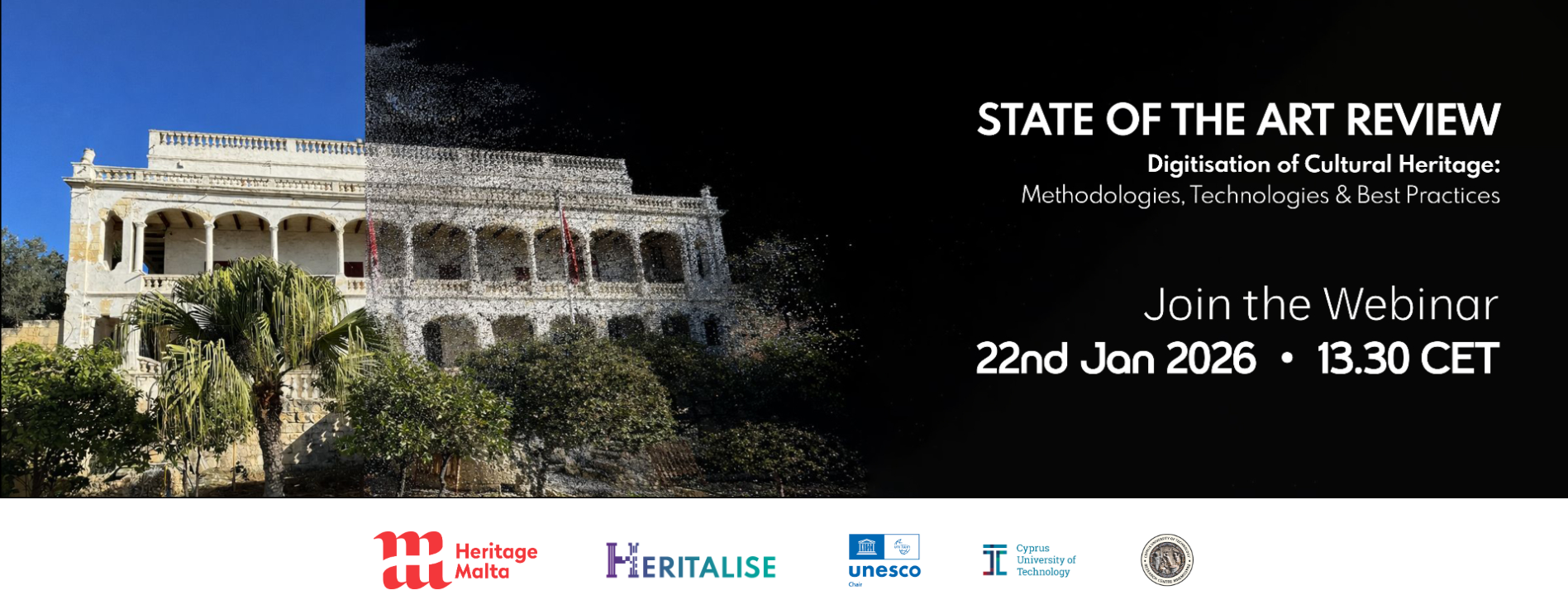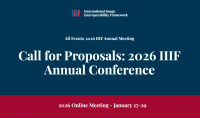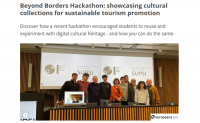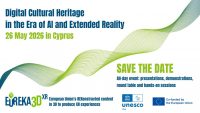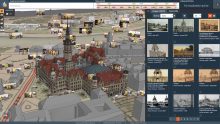
About DPF Manager
DPF Manager is an application and a framework designed to allow end users and developers to gain full control over the technical properties and structure of TIFF images intended for Long Term Preservation.
The main objective is to give memory institutions full control of the process of the conformity checks of files. This is a three-step process:
- Validation: validating the conformance to a specific normative. These normative can be defined by some standardization organization or specific acceptance criteria based on a locally-defined policy rules.
- Modification: modifying the Data Object, preserving the Information Representation, in order to make it more suitable for long term preservation.
- Reporting: collecting and submitting the data object structure and metadata as well as validation result with the modification information.
New Release Ready to Download!
The DPF Manager TIFF conformance checker was able to detect the tags inside the TIFF (baseline tags, extension tags and widely used private tags) and handle with embedded metadata as ICC Profiles, XMP, IPTC and EXIF.
The implementation checker validates:
- TIFF baseline 6.0
- TIFF/EP (Tag Image File Format/Electronic Photography) ISO:12234-2
- TIFF/IT (Graphic technology – Prepress digital data exchange – Tag image file format for image technology) ISO 12639:2004E
With policy checker memory institutions can create custom rules to define their own acceptance criteria.
In this release, the metadata fixer is able to manage metadata inside the TIFF adding or deleting tags. Furthermore, the metadata fixer can apply auto-fixes created by developers.
The reporter module now provides a human readable report (PDF and HTML format) and a machine readable report (XML and JSON format) for each file checked. Moreover, the report includes a comparison between the original image file and the new file generated by the metadata fixer module.
This release includes a Command line interface (CLI) and a graphical user interface (GUI) with a wizard to create and save configurations, check files and directories selecting a saved configuration and view the reports generated by the tool.
Available for Mac OS X, Linux & Windows.
Contribute now!
There’s many ways to join the open source community!
- GitHub. All the the code is available on GitHub. If you’d like to add a new feature to DPF Manager, just fork the repository and send us a pull request!
- DPF Manager Forums. If you need help or you have doubts on anything related to DPF Manager there is the Users Forum and Developers Forum available for you! Don’t be shy!
- IRC Chat. For chat about DPF manager development you can connect on our Developers channel here.
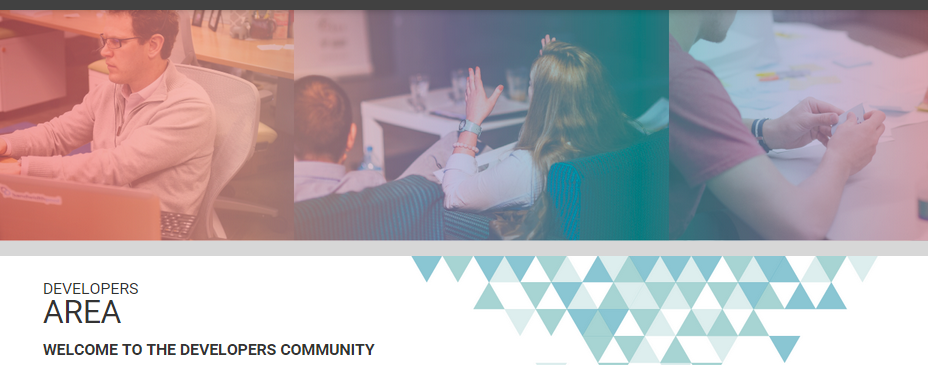




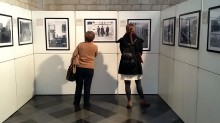
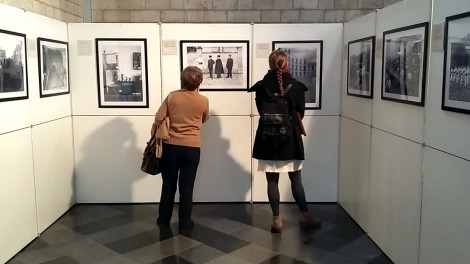
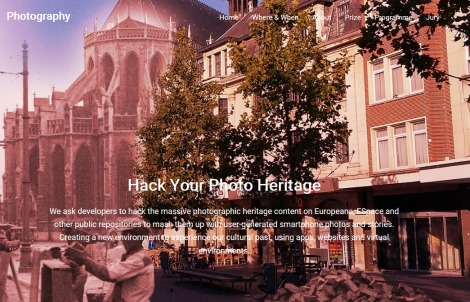
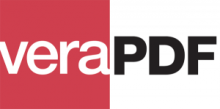

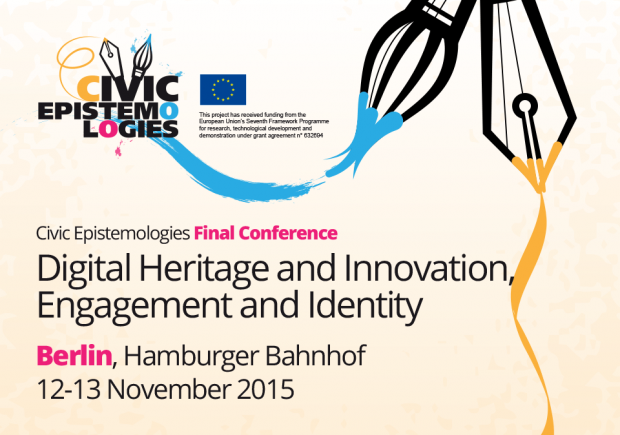
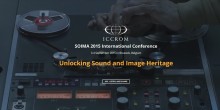
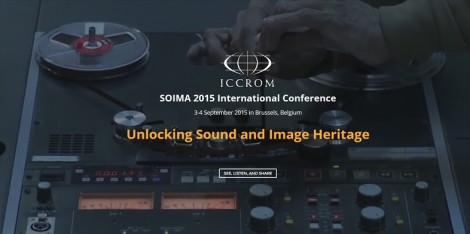
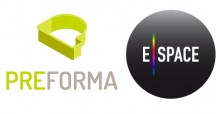
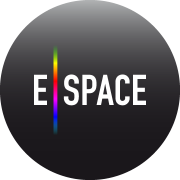 Europeana Space (
Europeana Space (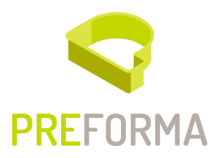 PREFORMA (
PREFORMA (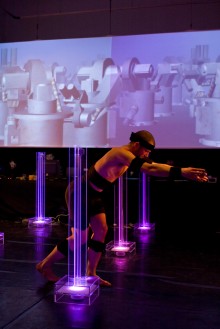
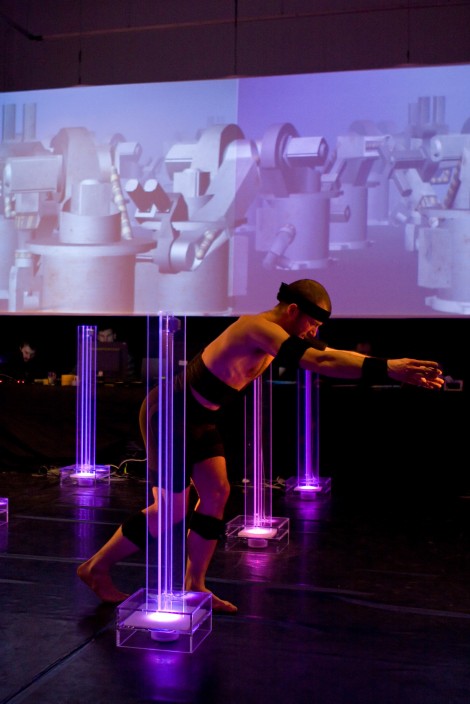
 LoCloud is a Best Practice Network that brings together a strong group of technical partners with network and regional aggregation service providers, and a number of partners representing specialised museums, public libraries and archives. LoCloud’s overall goal is to support small and medium-sized institutions in making their content and metadata available to Europeana and provides guidance, training and support services to meet the needs of content providing institutions.
LoCloud is a Best Practice Network that brings together a strong group of technical partners with network and regional aggregation service providers, and a number of partners representing specialised museums, public libraries and archives. LoCloud’s overall goal is to support small and medium-sized institutions in making their content and metadata available to Europeana and provides guidance, training and support services to meet the needs of content providing institutions.

